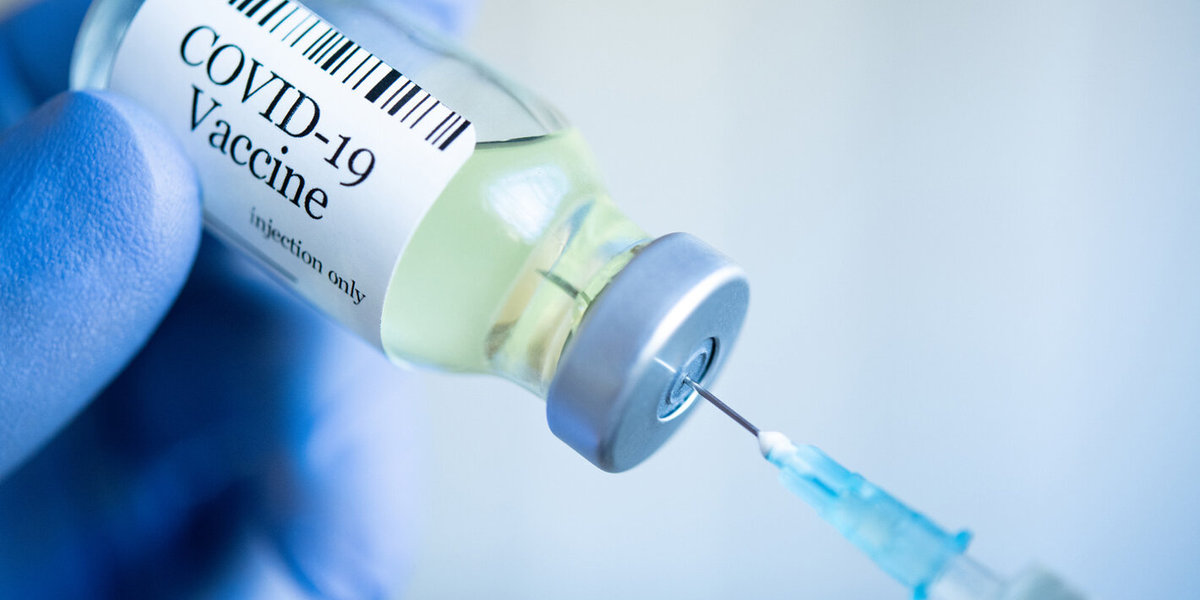Under the Biden administration, the United States has administered 117.1 million first-dose vaccines as of Saturday, April 10, 2021. Nevertheless, as the United States is proving successful in vaccine distribution, European Union and Latin American countries are begging the United States for access to leftover vaccines, placing the United States at the crux of global envy.
The United States Food and Drug Administration (FDA) approved the manufacturing of vaccines from Pfizer-BioNtech, Moderna, and Johnson & Johnson’s in December 2020. During that same month, frontline and essential workers started receiving vaccinations. As the months progressed, the Biden administration issued a statement promising to administer 100 million vaccines by the president’s 100th day in office. This goal was surpassed on March 9, 2021, 52 days prior to Biden’s 100th day. According to Becker’s Hospital Review, official data points to a whopping total of 70,692,645 fully vaccinated Americans. With more states opening their eligibility window to include younger adults and individuals 16 and above, this number is expected to surge in the next couple of weeks. The top five states that have the highest vaccination rate include New Mexico, Maine, South Dakota, Rhode Island, and Alaska. Among the top twenty states is New York, ranking at number 11.
The United States’ vaccine rollout is met with a lot of controversy. British-Swedish pharmaceutical company AstraZeneca adopted the role of interlocutor between countries begging for accessibility and White House staff professionals. According to the New York Times, “Tens of millions of doses of the coronavirus vaccine made by the British-Swedish company AstraZeneca are sitting idly in American manufacturing facilities, awaiting results from its U.S. clinical trial” which stagnates the global vaccine rollout. Latin American nations such as Ecuador, Peru, Bolivia, and Brazil have experienced a stalemate in their vaccination rollout due to harsh and strict lockdown policies, making it almost impossible for people to be outside on long lines to receive a vaccine. In the European Union, Johnson & Johnson’s vaccine administration was halted due to the high incidence of blood clots, which slowed down their rollout. According to the NY Times, the non-EU nation of Great Britain has been leading the vaccine rollout with 31.8 million people who have received one dose of the vaccine. Other parts of Europe, however, have been too prideful and nationalistic when it comes to accepting vaccines from nations outside the EU. It is this hubris that contributes to further slowdowns. Rather than banding together for the sake of public health, each country was pinned against each other due to COVID-19 cases and lockdown protocols.
One of the least vaccinated European countries is Poland, according to a Bloomberg News report. Less than a tenth of Poland’s population has been vaccinated to due lockdown protocols. Certain people believe that instead of squabbling amongst each other, the European Union must reach a general consensus with the United States in order to receive access to vaccines that these nations so desperately plead for. In terms of United States officials, some are dismissing the idea of sending vaccines to other nations out of pride.











